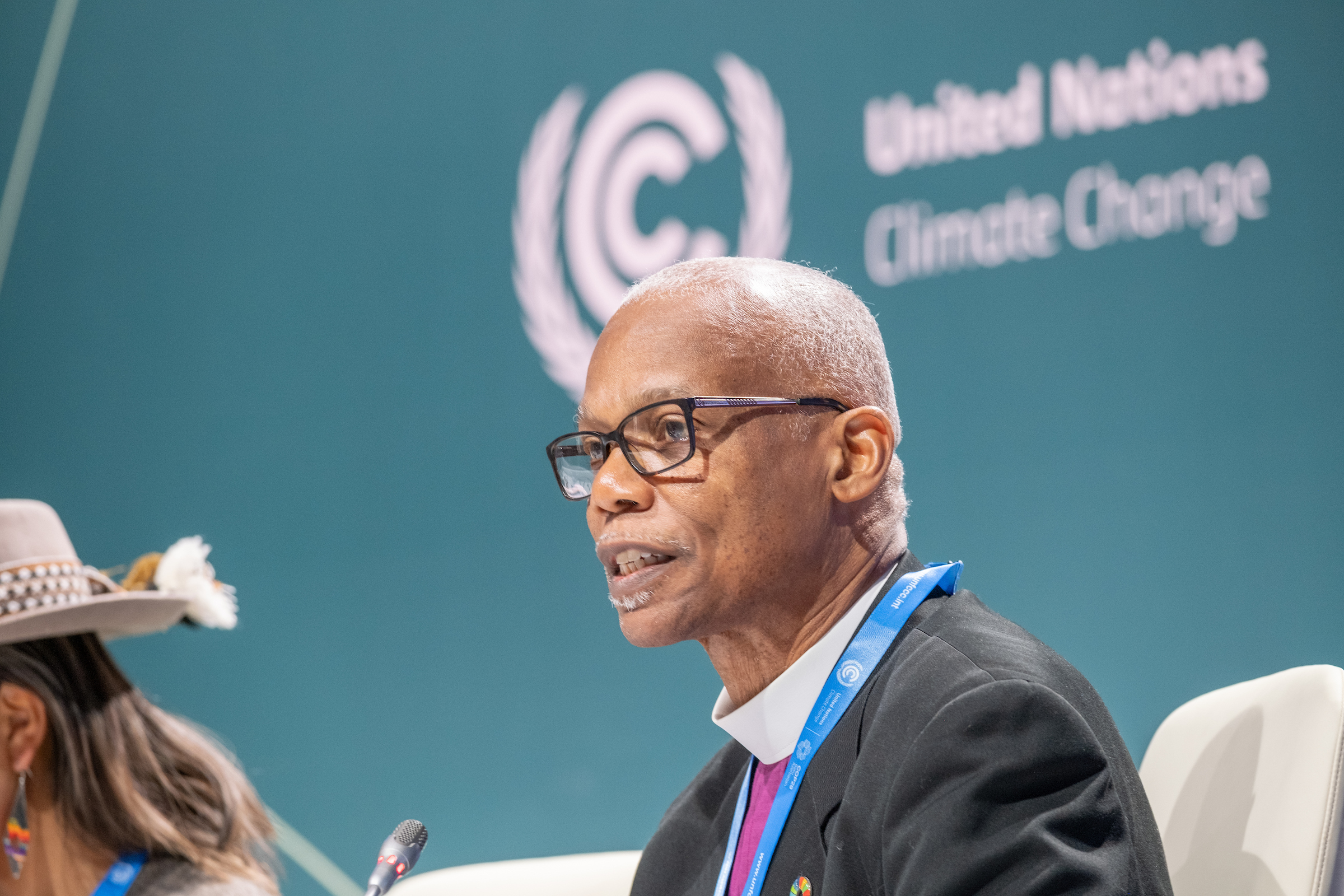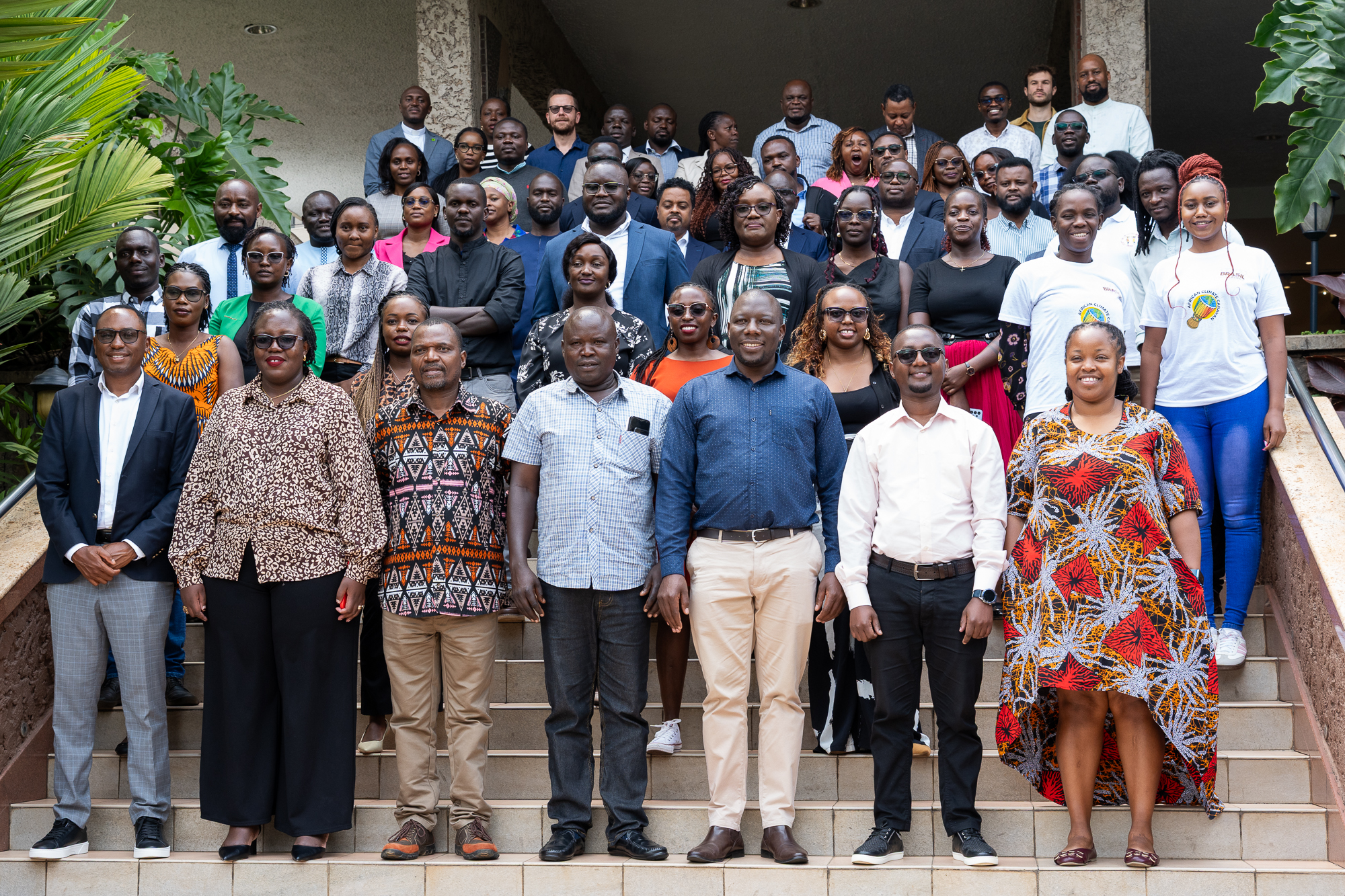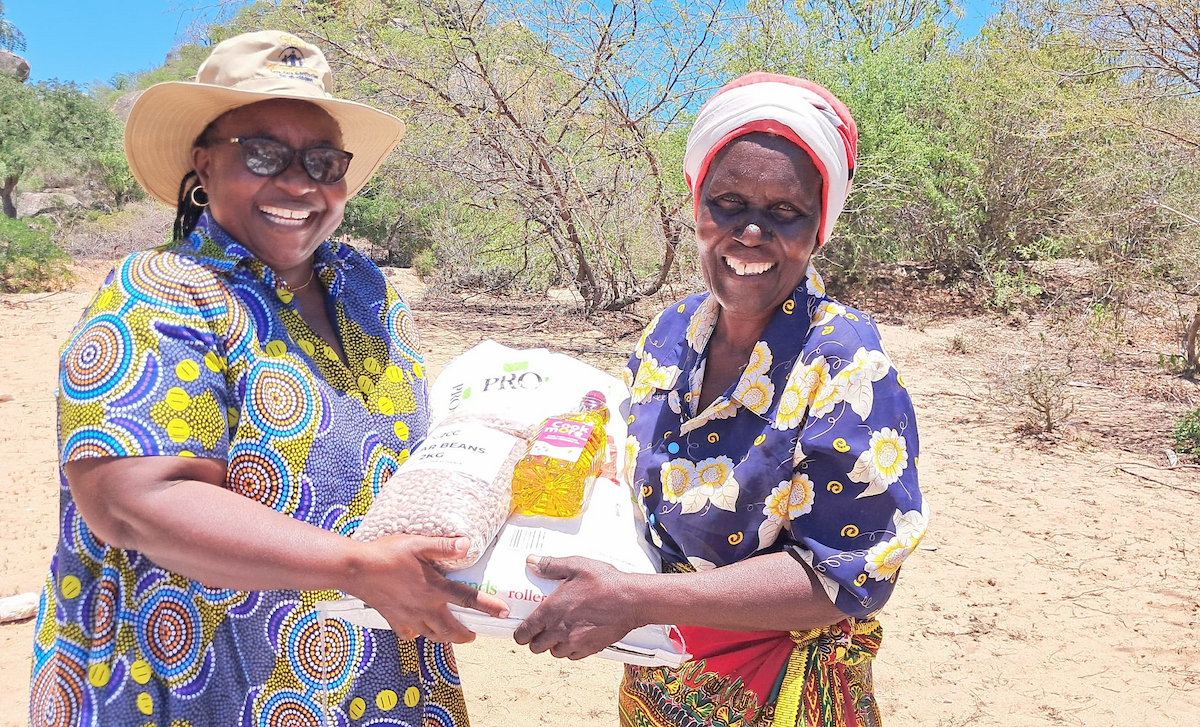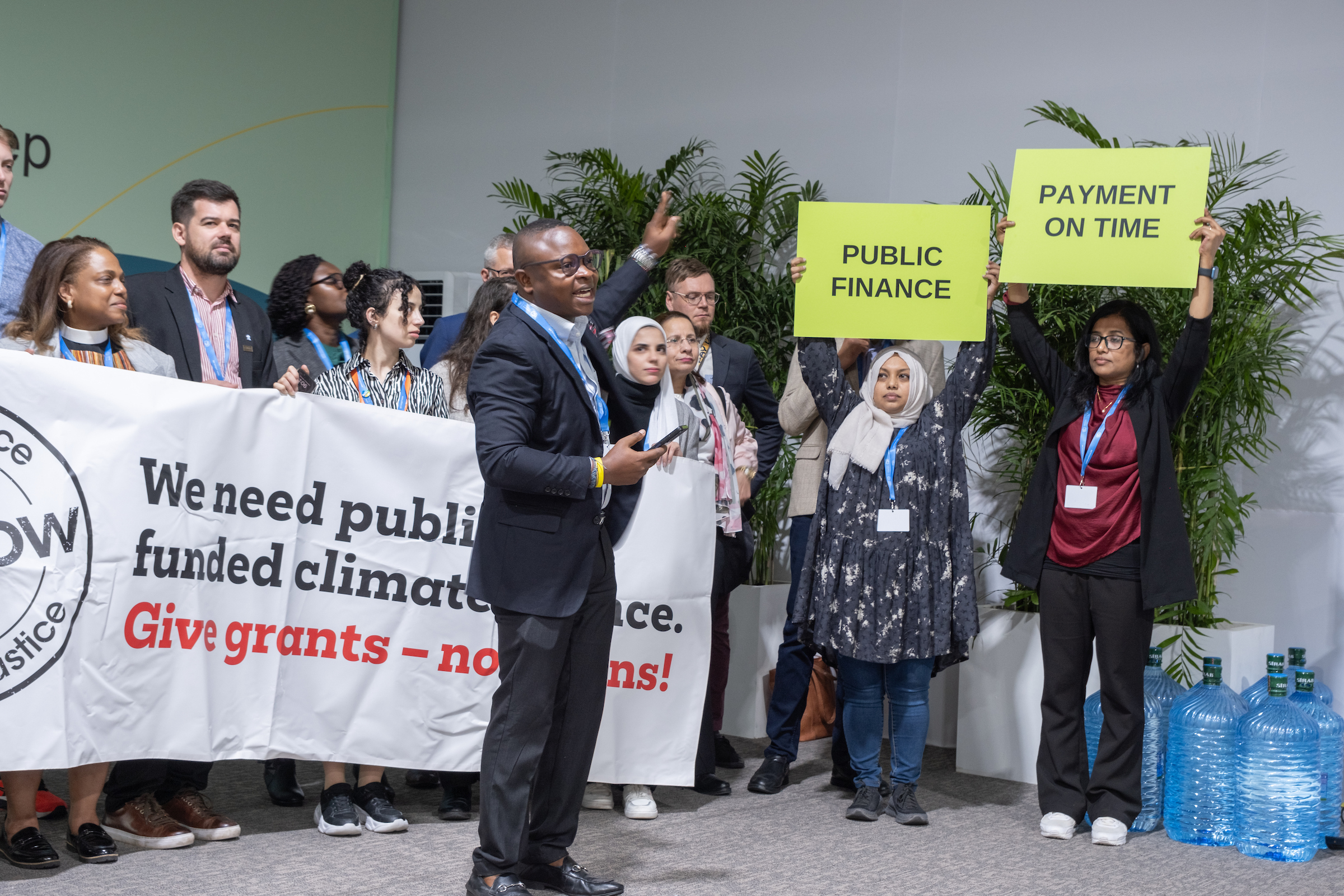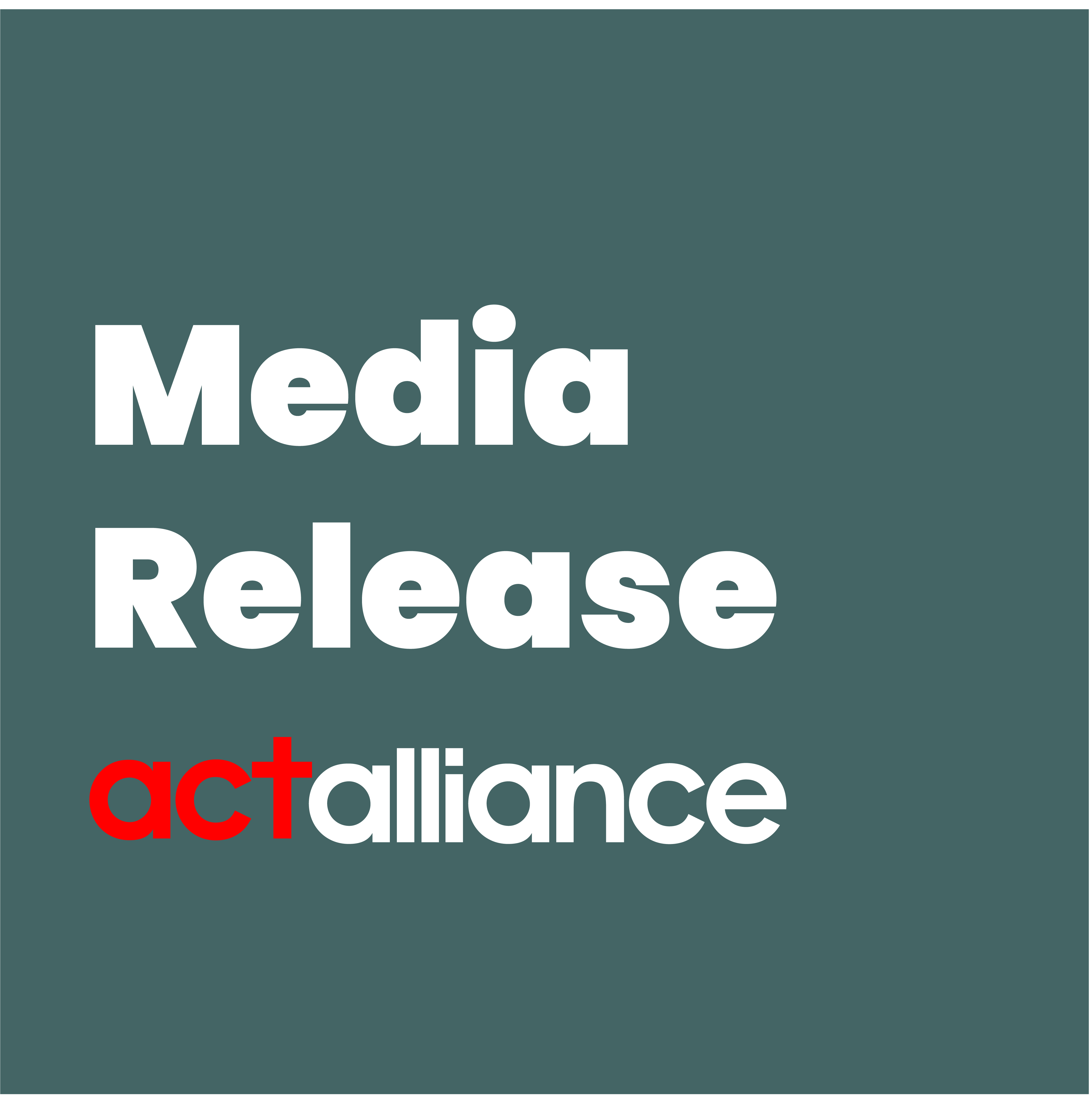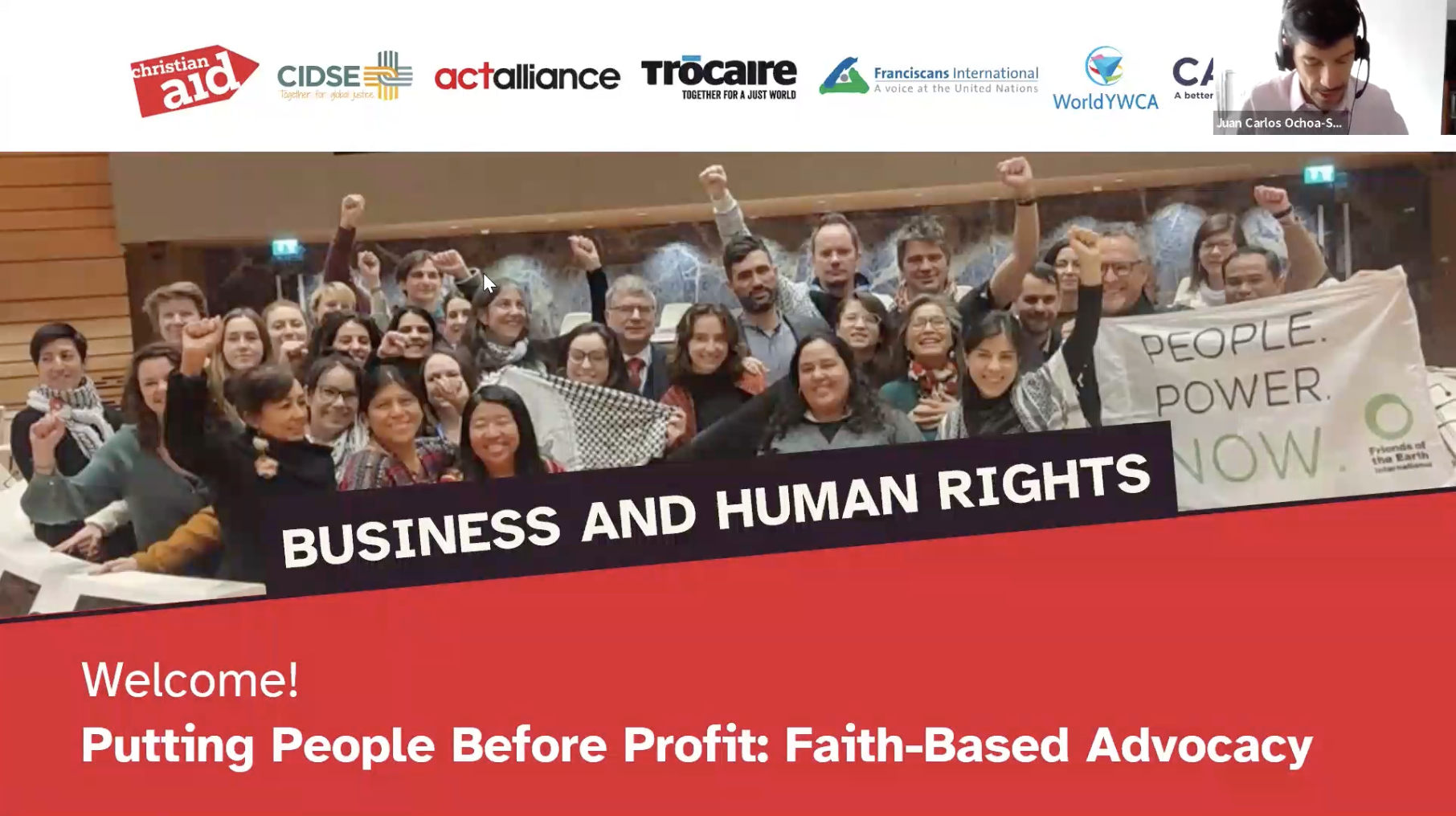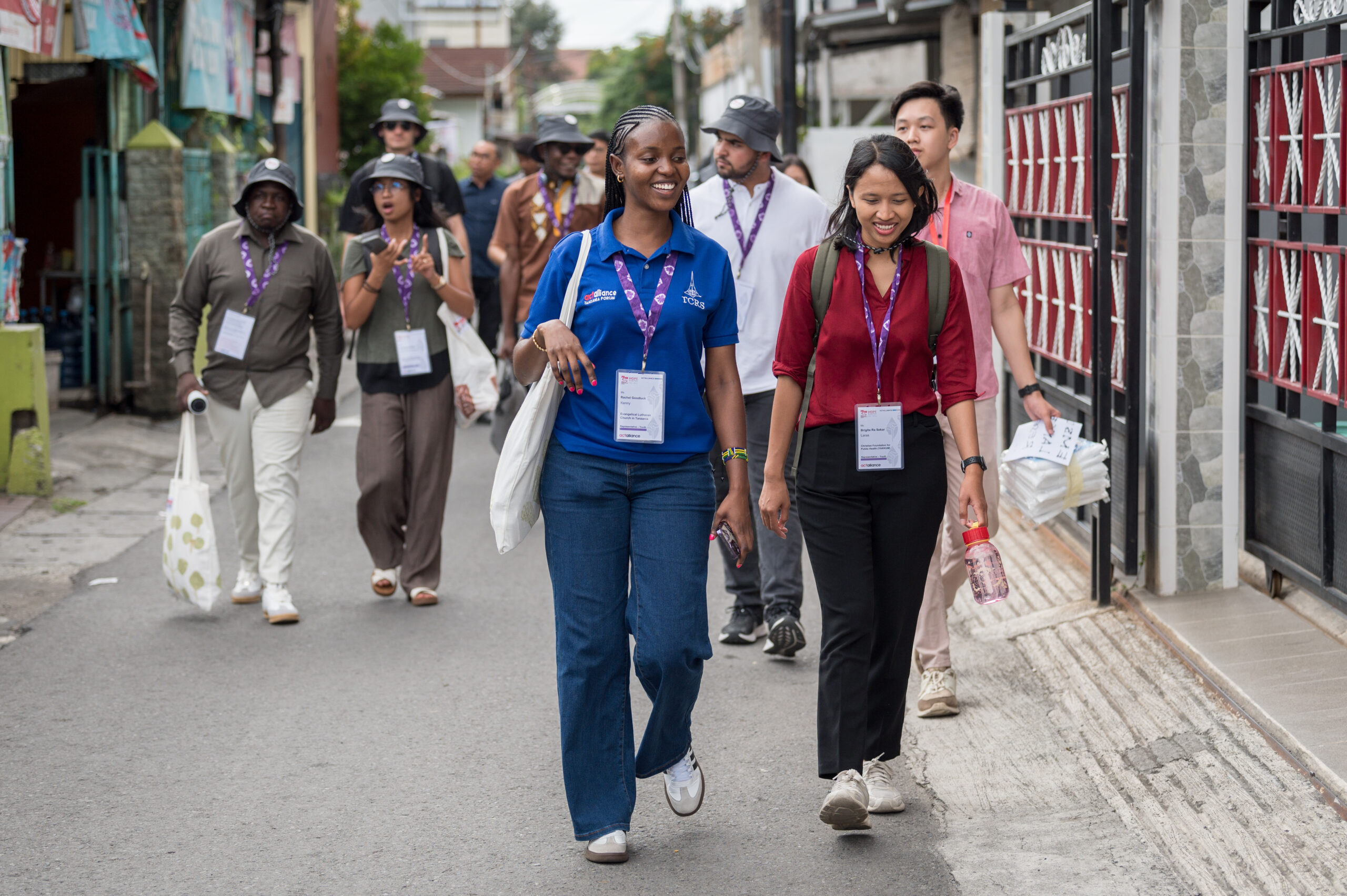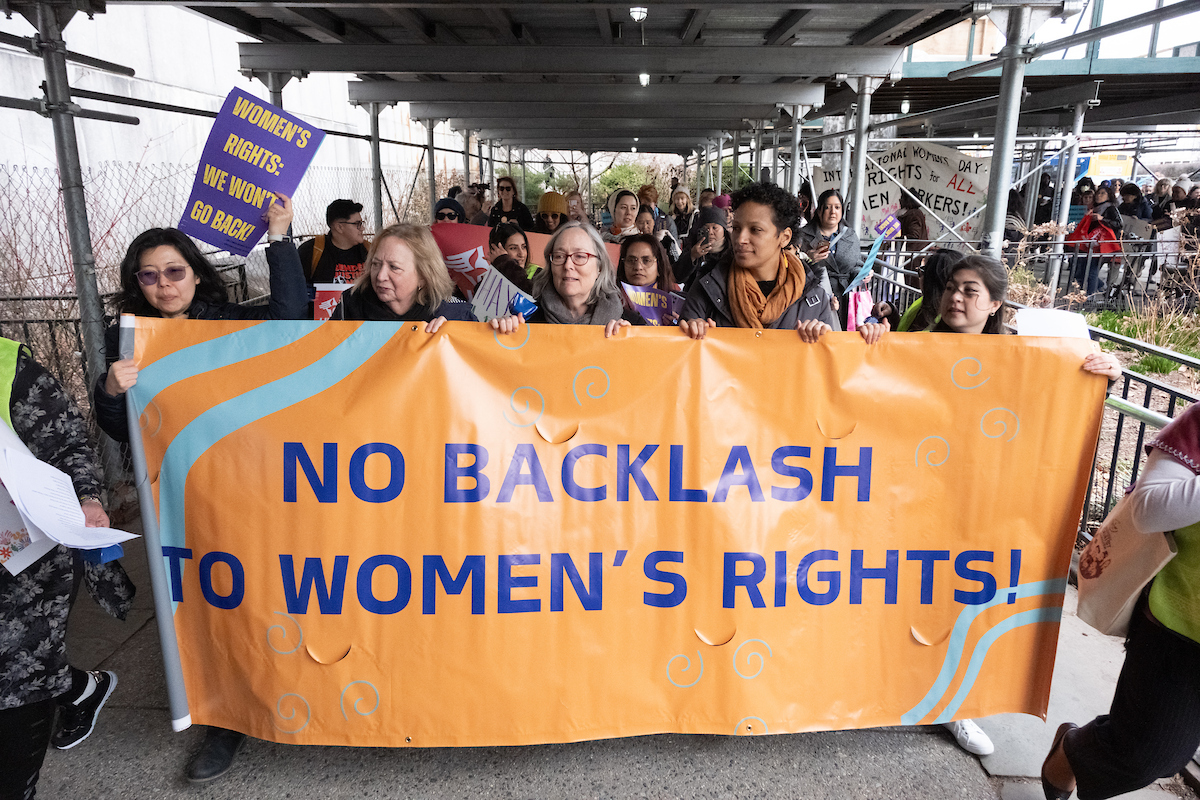Fairpicture is a Swiss-based startup that aims to reshape perceptions toward greater diversity and nuance in visual communications. ACT Alliance and Fairpicture have recently collaborate on the webinar: A crisis of compassion? Ethically navigating the current fundraising landscape where we explored how important is to put people and communities at the center when we use visual communications for fundraising. Today, they have launched their White Paper: “Poverty porn’ in the era of generative AI“, where they explore the risks of NGOs using fully generative AI to create imageries that want to portray community members, in an attempt to save costs.
We have asked Noah Arnold, from Fair Picture a few questions to introduce the importance of this document.
1. What is the current landscape of generative AI and how is it affecting the non-profit world?
Generative AI is now built into most creative tools and stock libraries, making it very easy and cheap to produce powerful-looking visuals. For NGOs under pressure, it can look like a shortcut – but it also risks accelerating long-standing problems in how the sector portrays people and places.
2. What are the risks of using generative AI to develop imagery of people affected by crises?
AI “poverty” images often recycle stereotypes, flatten complex realities and reinforce a sense of “otherness”. They blur the line between documentation and fiction, can erode trust when supporters realise images are synthetic, and are sometimes misused to avoid doing the real work of consent and safeguarding.
3. What are the 5 key learnings from your research that can help NGOs navigate these new tech developments?
- Draw a red line: don’t use AI to fabricate human suffering or crisis-affected people.
- Tackle the roots: address power dynamics, consent and commissioning culture, not just the tools.
- Set a policy: define what is and isn’t acceptable, and require clear disclosure when AI is used.
- Check your suppliers: ask hard questions of stock platforms and agencies about AI content and labelling.
- Invest in alternatives: We need stories that come with context, are grounded in consent and are told by the people who actually live them.
